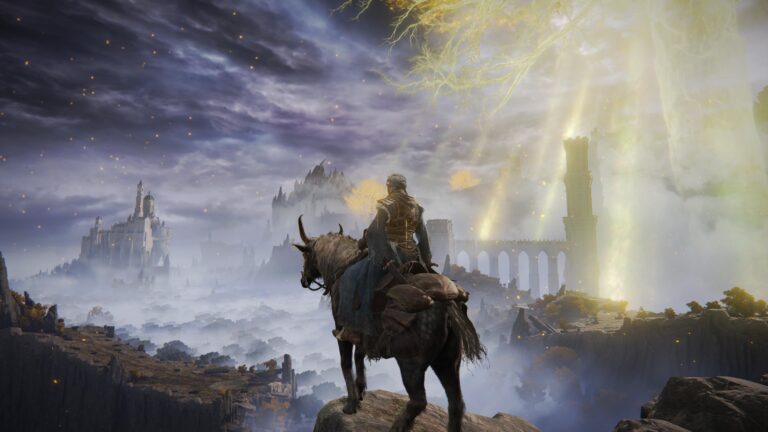Game data not found.
Zoku Segare Ijiri is a unique title that stands out in the landscape of Japanese video games, both for its eccentric approach and its niche appeal. Released in 2000 for the PlayStation, it serves as a sequel to the original Segare Ijiri, created by the innovative developer, Office Koukan. The game is part of a long tradition of experimental Japanese titles that challenge conventional gaming norms, making it a fascinating subject for those interested in the evolution of interactive entertainment.
Story
The storyline of Zoku Segare Ijiri is as unconventional as its gameplay. Set in a surreal world that blurs the lines between reality and imagination, the game follows the bizarre adventures of its quirky protagonist. The narrative is driven by a series of episodic events that often defy logic and expectation, a hallmark of the series’ distinctive style.
Throughout the game, players encounter a variety of oddball characters and situations. From navigating through dreamlike landscapes to engaging with peculiar NPCs, the plot unfolds in a non-linear fashion, encouraging players to explore and piece together the story at their own pace. This narrative structure not only enhances the game’s mystique but also invites players to interpret the storyline through their own lens, creating a personalized experience.
Gameplay
Zoku Segare Ijiri’s gameplay is as eccentric as its story. It is a mix of adventure and puzzle-solving elements, with a heavy emphasis on interaction and experimentation. Players navigate through a series of scenes that are filled with hidden secrets and unexpected twists. Each scene is a self-contained world with its own set of rules and objectives, challenging players to think outside the box.
The game encourages exploration and curiosity, often rewarding players who take the time to investigate every nook and cranny. The puzzles vary in complexity and often require unconventional solutions, reflecting the game’s overall quirky design. There is also a significant amount of player choice involved, with multiple paths and outcomes based on the decisions made during interactions with the environment and characters.
One of the standout features of the gameplay is its unpredictability. Players are often surprised by sudden changes in the game world, adding a layer of excitement and intrigue. This unpredictability keeps the gameplay fresh and engaging, as players never quite know what to expect next.
Graphics and Sound
The graphics of Zoku Segare Ijiri are a blend of surreal and abstract art styles. The visual design is intentionally offbeat, featuring distorted perspectives and vibrant color palettes that contribute to the game’s dreamlike atmosphere. Each environment is meticulously crafted to evoke a sense of otherworldliness, enhancing the player’s immersion in the game’s unique universe.
In terms of sound, the game features an eclectic soundtrack that complements its visual style. The music ranges from whimsical tunes to haunting melodies, each piece carefully selected to match the mood of the scene. Sound effects are used sparingly but effectively, often adding to the surreal nature of the game. The combination of visuals and sound creates an audiovisual experience that is both captivating and unsettling, perfectly aligning with the game’s thematic elements.
Legacy and Reception
Upon its release, Zoku Segare Ijiri garnered a mixed reception. While some players and critics praised its originality and daring approach, others found its unconventional nature off-putting. In Japan, it developed a cult following among fans of experimental games, who appreciated its willingness to push the boundaries of traditional gaming.
Over the years, Zoku Segare Ijiri has maintained its status as a cult classic. Its influence can be seen in later games that embrace non-traditional narratives and gameplay mechanics. The game has also become a point of interest for gaming historians and enthusiasts who study the evolution of video game design and the impact of cultural context on gaming trends.
Despite its niche appeal, Zoku Segare Ijiri is an important part of gaming history, representing a period when developers were more willing to take risks and explore new creative directions. Its legacy is one of innovation and boundary-pushing, paving the way for future titles that dare to be different.
Conclusion
In conclusion, Zoku Segare Ijiri is a fascinating exploration into the possibilities of interactive storytelling and gameplay. Its impact lies not in widespread popularity, but in its ability to challenge and inspire both players and developers. As a cult classic, it continues to be a testament to the creativity and daring of its creators, offering a unique experience that defies conventional gaming norms. For those interested in the history of video games and the exploration of unconventional narratives, Zoku Segare Ijiri remains an essential title to explore.















